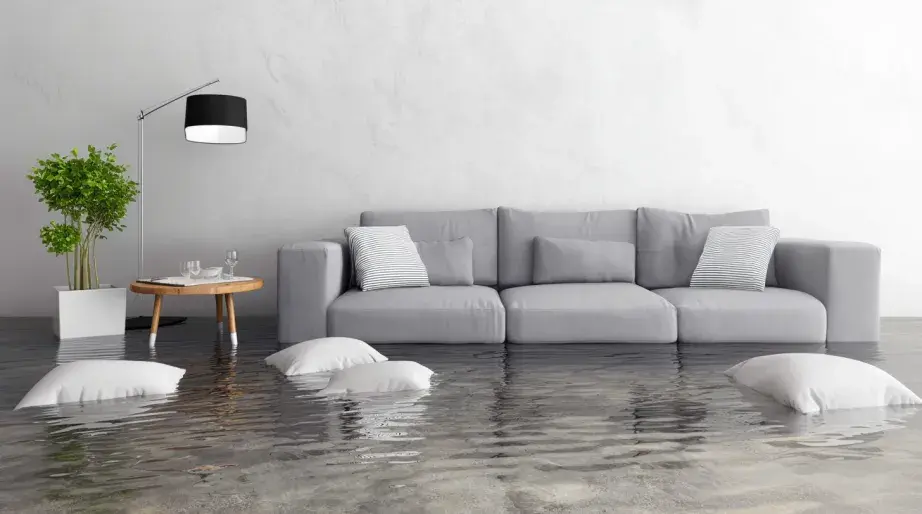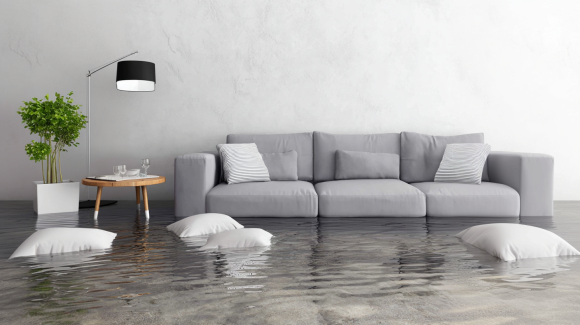Double down on insurance: your safety net during stormy weather


Hong Kong has experienced frequent storms this summer, with the Hong Kong Observatory issuing 5 Black Rainstorm warnings and 1 Hurricane Signal No. 10 within the space of just 3 weeks during July and August. What’s more, over 20 Red and Amber Rain warnings were announced, leading to school closures, airport chaos and numerous reports of flooding and landslides – memories that are still fresh in everyone’s minds. Severe weather not only disrupts daily life but can also cause damage to our homes, such as broken windows, water leaking through the window frames and even sudden power outages. That’s why many people opt to insure their homes, typically through fire insurance and home insurance, to mitigate the financial losses caused by natural disasters. But what are the differences in coverage between the two? Is it sufficient to have just one, or should both be considered?
Fire insurance vs home insurance: distinct coverage
Many new homeowners and tenants often confuse fire insurance with home insurance. Fire insurance, essentially a “building structure insurance”, is usually secured by the property owner, with some estates being collectively insured for all owners. It mainly covers the structural components of the building, such as ceilings, walls, floors and windows. Importantly, fire insurance is not just limited to fire damage; it also covers structural damage caused by natural disasters such as typhoons, flooding and lightning strikes.
Home insurance, on the other hand, primarily protects the contents within the unit as well as personal liability. This typically includes loss of, or damage to, furniture, appliances, valuables and photography equipment, caused by accidental fire, typhoons, or theft. Additionally, it provides coverage for third-party liability, including legal responsibilities arising from injuries or property damage caused by negligence.
Banks generally require potential homeowners to insure their property with fire insurance, and renew the insurance each year, to protect its value. While home insurance is not mandatory, considering that financial losses or legal liabilities can amount to tens or even hundreds of thousands of dollars, acquiring it is certainly a smart move.
Important considerations for claims after a storm
After the storm has subsided, the first step is to safely switch off the power to prevent electric shocks. Next, take photos of the damage and retain the damaged items as evidence. Be sure to notify the insurance company promptly. If third-party liability is involved, avoid negotiating compensation privately; instead, allow the insurance company to handle it.
Unoccupied homes might not be covered
It is important to note that insurance companies typically cover only homes that are occupied. If you plan to travel during the summer holidays or storm season and will leave your home empty for more than 30 days, you must inform your insurance company in advance. If your home suffers leaks due to a storm while you are away, resulting in damage to walls, ceilings and floors, the insurance company may refuse to compensate you based on the terms of your policy.
Having both fire and home insurance can provide comprehensive coverage for added security. However, different insurance companies may have varying definitions of home contents, deductibles and other specifics. If structural alterations to the unit violate the Buildings Ordinance, the insurance company may also refuse coverage or terminate the relevant fire insurance policy. Therefore, it is essential to thoroughly review the policy, including coverage and exclusions, to fully understand the terms before building your safety net against any storms that may come your way.
Learn more
This Chinese version of this article was published in the Hong Kong Economics Journal.
If you have any queries regarding Home Insurance, please feel free to contact us ![]() or find out more about our insurance plans:
or find out more about our insurance plans:
Read more:
House fires: a homeowner’s deadliest foe?
Take early precautions for a safe typhoon season
Learn more about EASY Claims and file your claims online anytime, anywhere.



